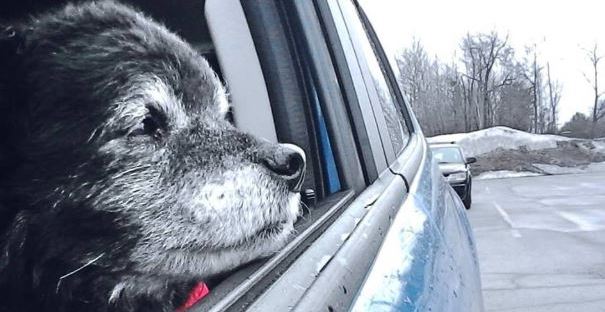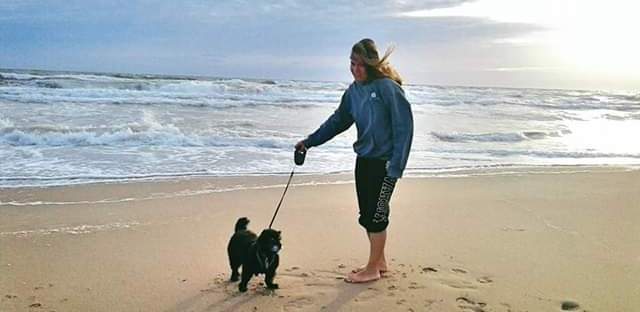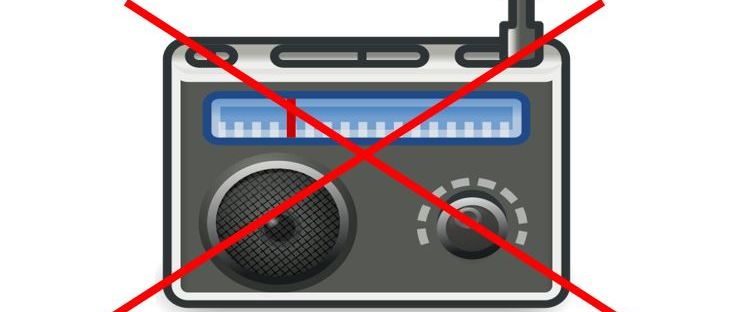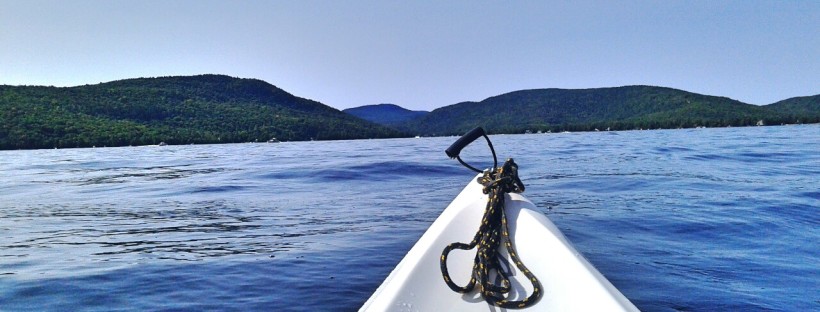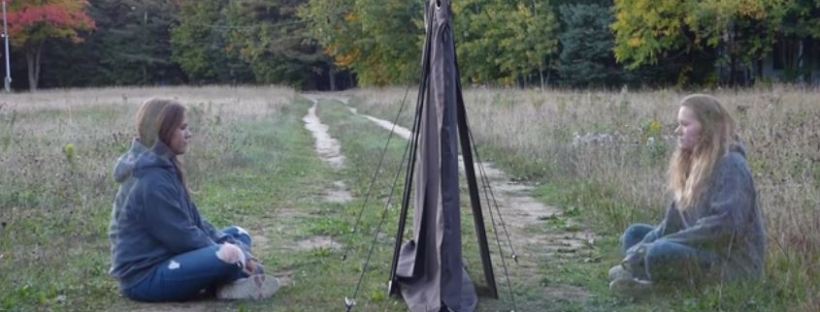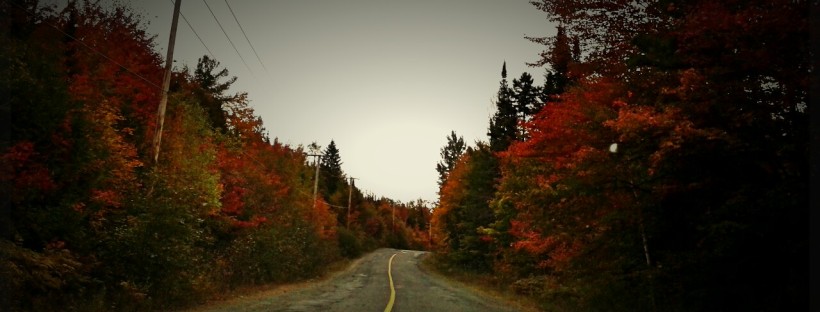Dear pre-service teachers,
I don’t mean to sound pessimistic, but things will go wrong. Like 2020 wrong. With no toilet paper left. Your degree will generally provide you with enough essentials to meet your daily needs – but sometimes, you just run out. Once in a while, whether due to poor planning or simply a sh*tty set of circumstances, you’ll find yourself with an empty roll and no idea what to do next. I’ve experienced an ‘empty roll’ situation on every one of my student-teaching placements, and it is certainly humbling.
During my first field experience, my partner and I failed miserably at teaching soccer to third graders. The first problem was that we were teaching as if we were coaching young athletes. Then, there was the fact that we weren’t on the same page about that lesson, and had only finished planning an hour earlier. As students stood around with no clue what they were supposed to be doing, and my partner tried explaining it again, I let my emotions get the best of me. I walked away. Literally. Let my partner deal with the situation as I went to sit with our cooperating teachers (CT). “WHAT DO WE DO?!” I whispered loudly to them, holding my head in my hands. They both laughed. They were clearly entertained by two confident student-teachers scrambling to save a lesson that was so far past gone. They told me to go back with my partner and just “figure something out.” Not the answer I was looking for. We stopped the drills and started a mini-game, which worked out as well as can be expected considering the players were a classful of confused third graders. Once the frustration wore off, we laughed about the whole mess.
The trouble with finding yourself with an empty roll is that, chances are, it will happen to you again at some point. Cue field placement three: high school this time, outdoors. It was the last period before a long weekend, and one of those days that makes you understand why teachers say snow storms wreak havoc on students’ behaviour. My CT was with a student in the gym, finishing up some fitness testing, so I was alone for all of fifteen minutes (which, normally, wasn’t a problem). Honestly, the lesson is a bit of a blur – attempts at classroom management through positive pinpointing, waiting for silence, sending a student inside… I was so relieved when I saw my CT step outside! I left the students in the middle of their misbehaviour, and told her, “I don’t know what to do!” She said she’d bring a student to the office while I figured something out. Again, not the answer I was looking for. So, they played some very disorganized games and we went inside early. Then we had a good laugh once the students were gone.
Our soccer lesson from year one – which we still refer to as our disaster – taught me that it’s important for co-teachers to be a cohesive team with good communication. Otherwise, you end up like roommates who each expected the other to buy the toilet paper – in an unpleasant situation, blaming each other.
In each case, my CTs de-briefed me afterwards, but both empty roll scenarios remind me that we learn best through discovery. As infuriating as it was to be told twice to “figure something out,” it has led me to be more vigilant when a lesson starts going downhill – and to not be afraid to switch gears completely if the situation calls for it.
If you take anything away from this 2020-esque analogy, let it be this: communicate with your colleagues, trust your training, and keep in mind that while univerrsity may be the Costco bulk-buy that gets you started, you still need to run to the store (read: mentors and professional development) occasionally to stay on top of your game. Oh – and be sure to have a good laugh about those empty roll situations when they happen – because who doesn’t love a good sh*t story?
Wishing you a plentiful supply as you navigate through your field placements!
Best regards,
Katherine Willcocks

